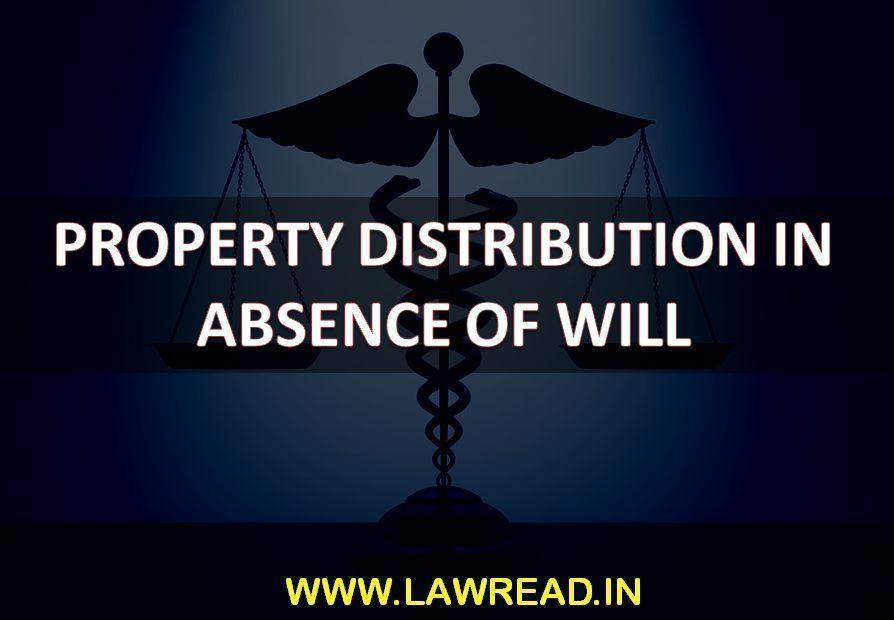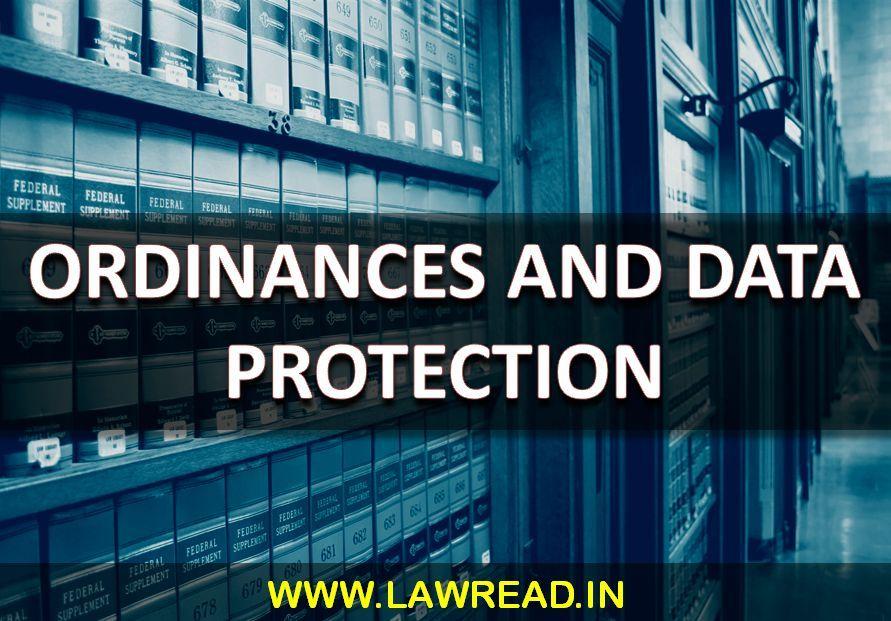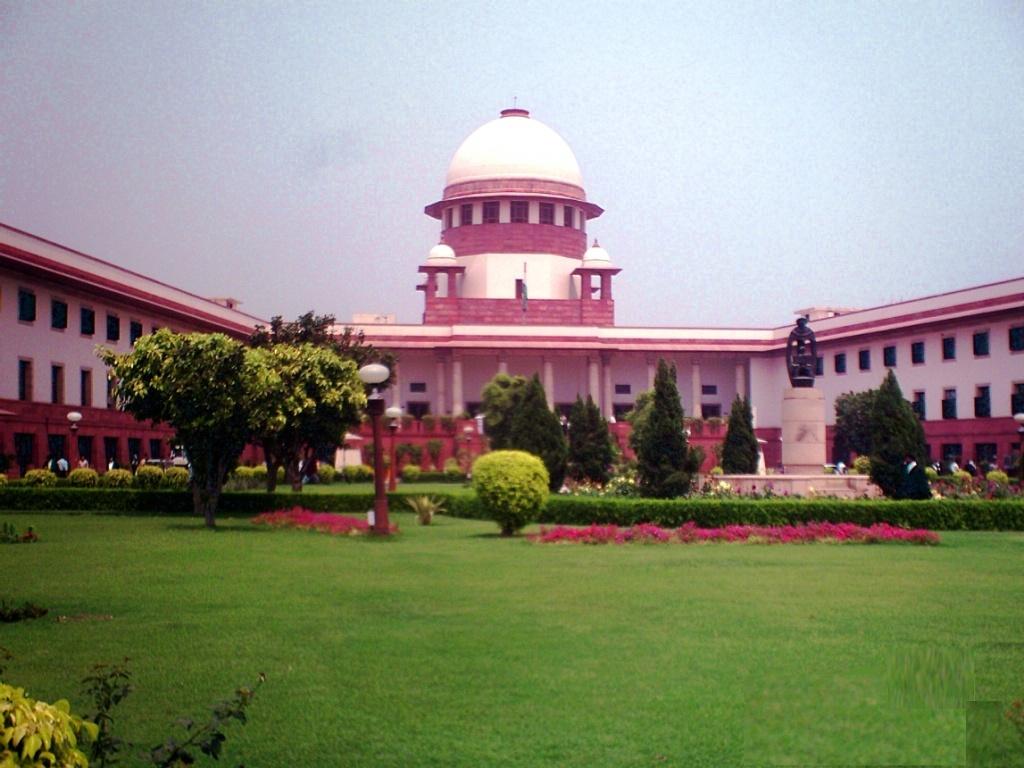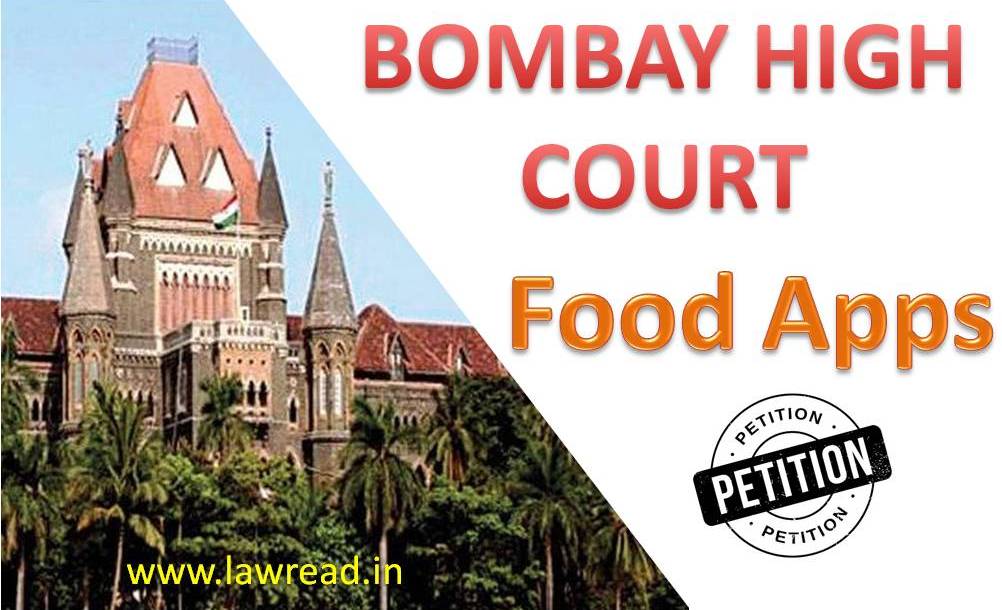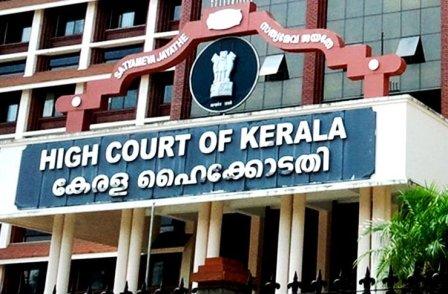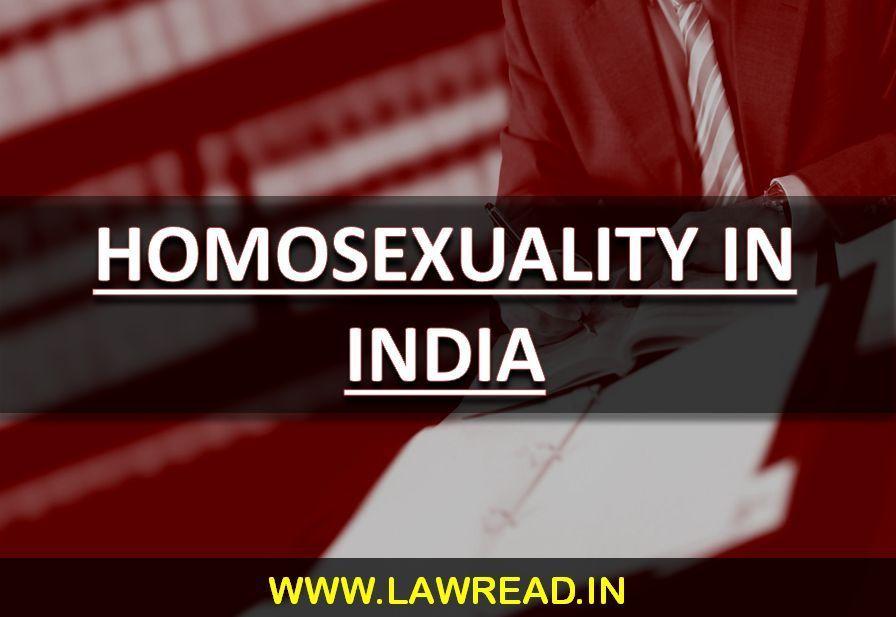FREEDOM OF PRESS UNDER CONSTITUTION OF INDIA
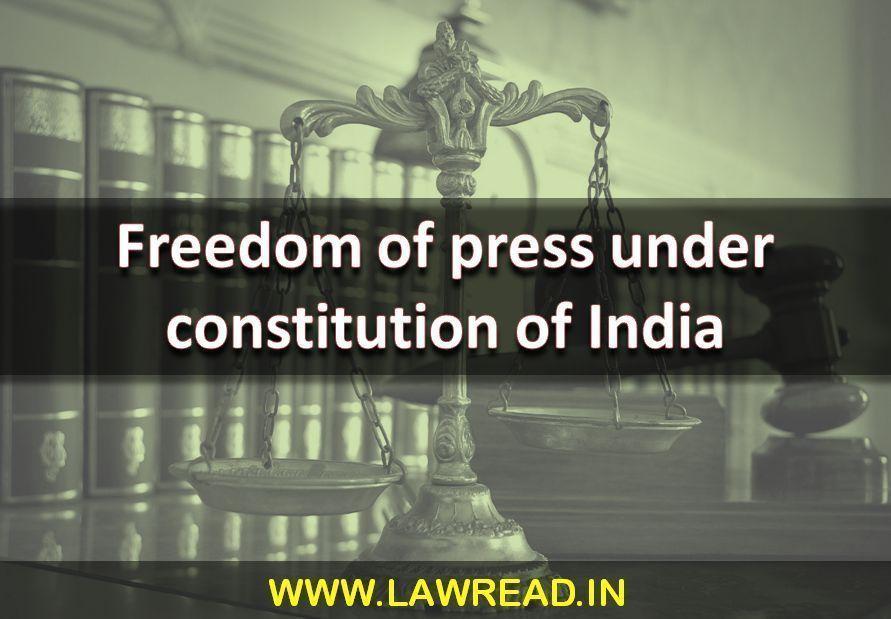
Under article 19(1) (a) of the Indian Constitution Freedom of press is not specifically mentioned , only freedom of speech and expression is mentioned. Yet we assume our press to be given rights under this article on the basis of speeches of constituent assembly.
In order to live freely and to preserve the democracy it is relly important that people have the freedom to express their feelings and to make their views at large. The press, a powerful medium of mass communication, should be free to play its role in building a strong viable society. Denial of freedom of the press to citizens would necessarily undermine the power to influence public opinion and be counter to democracy.
Freedom of press is always assumed to be given under article 19(1)(a) of the Indian constitution.There few leading cases that proves this point further like Brijbushan vs State of Delhi, K.A.Abbas vs UOI, R.Rajgopal vs State of Tamil Nadu, Romesh Thaper vs State of Madras, etc.
The right to freedom of the press includes the right to propagate ideas and views and to publish and circulate them. However, the freedom of the press is not absolute, just as the freedom of expression is not. Public Interest has to be safeguard by article 19(1)(2) which lays down reasonable limitations to the freedom of expression in matters affecting:
Sovereignty and integrity of the State, Security of the State, Friendly relations with foreign countries, Public order, Decency and morality, Contempt of court, Defamation, Incitement to an offence
DEFINITION:
Freedom of press is an absence ofcontrol of statutory and administrative power on publication and circulation of information, ideas, knowledge and thoughts.
In US Constituion the freedom of the press and of expression is guarded by the First Amendment which specifically lays down that this freedom be in no way abridge by the laws. It is not Indian Leaders were not aware of the US First Amendment or of Jefferson’s famous declaration when he said that “Were it left me to decide whether we should have a government without newspaper or newspapers without a government, I should not hesitate a moment to prefer the latter.” Jawahar Lal Nehru echoed similar views “I would rather have a completely free press, with all the dangers involved in the wrong use of that freedom, than a suppressed or regulated press.” Voltair once said, “I do not agree with a word you say but I defend to death your right to say it.”
In order to preserve the democratic way of life, it is essential that people should have the freedom to express their feelings to make their views known to the people at large. The press, a powerful media of mass communication should be free to play its role in building a strong viable society. Denial of the freedom of press to citizens would necessarily undermine the power to influence public opinion.
Also the restrictions imposed on the press by the Constitution, there exists various other laws which further curtail press freedom and the right of the citizen to information as well as the right to freedom of speech and expression. They are all in force in the interest of public order of the sovereignity and security of the state.
Indian Constitutional Perspective of Freedom of Press:
The scenario before Independence in India was such that, there was no constitutional or statutory guarantee of freedom of an individual or media/press. At most, some common law freedom could be claimed by the press, as observed by the Privy Council in Channing Arnold v. King Emperor.
“The freedom of the journalist is an ordinary part of the freedom of the subject and to whatever length, the subject in general may go, so also may the journalist, but apart from statute law his privilege is no other and no higher. The range of his assertions, his criticisms or his comments is as wide as, and no wider than that of any other subject.”
The Preamble of the Indian Constitution ensures to all citizens inter alia, liberty of thought, expression, belief, faith and worship. The constitutional significance of the freedom of speech consists in the Preamble of Constitution and is transformed as fundamental and human right in Article 19(1)(a) as “freedom of speech and expression".
In order to achieve the main objects, freedom of the press has been included as part of freedom of speech and expression which is a universally recognized right adopted by the General Assembly of the United Nations Organization on 10th December, 1948. The heart of the declaration contained in Article 19 says as following:
“Everyone has the right to freedom of opinion and expression, this right includes freedom to hold opinions without interference and to seek, receive and impart information and ideas through any media and regardless of frontiers.”
The same view of freedom of holding opinions without interference has been taken by the Supreme Court in Union of India v. Assn. for Democratic Reforms in which the Court has observed as follows:
“One-sided information, disinformation, misinformation and non information, all equally create an uninformed citizenry which makes democracy a farce. … Freedom of speech and expression includes right to impart and receive information which includes freedom to hold opinions.”
Freedom of press in India is implied from the freedom of speech and expression guaranteed under Article 19(1)(a) of the Constitution of India. Article 19(1)(a) says that all citizens shall have the right to freedom of speech and expression. But this right is subject to reasonable restrictions imposed on the expression of this right for certain purposes under Article 19(2).
Supreme Court stand in leading cases illustrates that the freedom of press is essential for the proper functioning of the democratic process. Democracy means Government of the people, by the people and for the people; it is obvious that every citizen must be entitled to participate in the democratic process and in order to enable him to intelligently exercise his right of making a choice, free and general discussion of public matters is absolutely essential. This explains the constitutional viewpoint of the freedom of press in India.
The basic principle which was involved in freedom of press is the “people’s right to know”. Therefore it receives generous support from all those who believe in the free flow of the information and participation of the people in the administration; it is the primary duty of all national courts to uphold this freedom and invalidate all laws or administrative actions which interfere with this freedom, are contrary to the constitutional mandate.
Freedom of Press in India:
In Brijbushan vs State of Delhi ,the chief commissioner of Delhi issued an order under an act of East Punjab Safety Act, that was against editor of English Weekly of Delhi that all communal matters news or views ,photographs about Pakistan has to be submitted in his office and only after the approval it can be published.Brijbushan challenged the order under violation of Article 19(1)(a). SC struck down the order and said that prior censorship is a restriction on the freedom of speech and expression.
In R.Rajgopal vs State of Tamil Nadu, Rajgopal was editor of Nakeeran of Tamil Nadu Weekly.There was a convicted person , auto shankar.He was awarded death penalty and his mercy petition was pendimg before President. He wrote auto biography and disclosed his connection with several higher officials and ministers on whose direction he committed several crimes and murders, according to him.He took permission from jail authority for writing biography and was granted the permission by them.After completing the biography he handed it to his wife directing her to hand it over to editor of Nakeeran i.e Rajgopal. Editor planned it to print serialwise in sections per week and further gave ad of the story. Officials wrote to IG and IG further wrote to editor to stop the publication of the biography.Editor went to SC.SC held that petitioner has right to publish the biography and said that this is apprehension of defamation, on which ground publication could not be stopped.
In Romesh Thapar v/s State of Madras, Patanjali Shastri,CJ, observed that “Freedom of speech & of the press lay at the foundation of all democratic organization, for without free political discussion no public education, so essential for the proper functioning of the process of popular government, is possible.” In this case, entry and circulation of the English journal “Cross Road”, printed and published in Bombay, was banned by the Government of Madras. The same was held to be violative of the freedom of speech and expression, as “without liberty of circulation, publication would be of little value”.
In Union of India v/s Association for Democratic Reforms, “One-sided information, disinformation, misinformation and non information, all equally create an uninformed citizenry which makes democracy a farce. Freedom of speech and expression includes right to impart and receive information which includes freedom to hold opinions”. In Indian Express Newspapers v/s Union of India, it has been held that the press plays a very significant role in the democratic machinery. The courts have duty to uphold the freedom of press and invalidate all laws and administrative actions that abridge that freedom. Freedom of press consists of three factors : Freedom of access to all sources of information, Freedom of publication, Freedom of circulation.
In Sakal Papers v/s Union of India, the Daily Newspapers (Price and Page) Order, 1960, which fixed the number of pages and size which a newspaper could publish at a price was held to be violative of freedom of press and not a reasonable restriction under the Article 19(2). Similarly, in Bennett Coleman and Co. v/s Union of India, the validity of the Newsprint Control Order, which fixed the maximum number of pages, was struck down by the Court holding it to be violative of provision of Article 19(1)(a) and not to be reasonable restriction under Article 19(2). The Court also rejected the plea of the Government that it would help small newspapers to grow.
As The Freedom of the Press is nowhere mentioned in the Indian constitution but the Right to Freedom of Speech and Expression is provided in Article 19 of the Indian Constitution. It is believed that Freedom of Speech and Expression in Article 19 of the Indian constitution include freedom of the press.
The freedom of the press is the same as that of an ordinary citizen. The press cannot claim any immunity from taxation, is subject to the same laws regulating industrial relations, and press employees are subject to the same laws regulating industrial employment.

